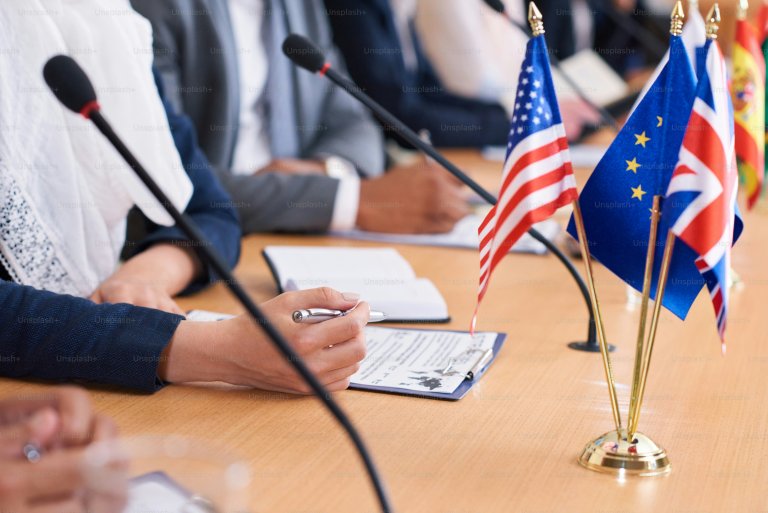Have Politicians Effectively Used Mobile Marketing?
The use of mobile marketing has become increasingly popular over the past decade, with the rise of smartphones and the widespread adoption of mobile devices. Politicians, like other businesses and organizations, have also started to utilize mobile marketing as a way to reach and engage with voters. But the question arises – have they effectively used mobile marketing?
The Importance of Mobile Marketing for Politicians
In today’s digital age, the majority of people are constantly glued to their smartphones, making it a prime platform for politicians to connect with potential voters. Mobile marketing offers a direct and personalized way to reach out to individuals and share their political views and campaigns.
Additionally, mobile marketing allows for campaigns to target specific demographics and geographical locations, making it easier to reach potential voters in a particular area. It also enables politicians to send real-time updates and notifications to voters, keeping them informed and engaged throughout the campaign process.
Successful Examples of Politicians Using Mobile Marketing
There have been several successful examples of politicians effectively utilizing mobile marketing to reach and engage with voters. One such example is former US president Barack Obama’s presidential campaign in 2008. The campaign utilized text messages to send updates, reminders, and calls to action to its supporters. This was a highly effective strategy, with millions of supporters signing up for text message updates and contributing to the overall success of the campaign.
Another successful use of mobile marketing was seen in the 2016 US presidential election, where candidates utilized social media platforms such as Twitter, Facebook, and Instagram to engage with voters and share their campaign messages. These platforms were easily accessible on mobile devices, allowing for instant communication and engagement with voters.
Challenges Faced by Politicians in Implementing Mobile Marketing
While mobile marketing has proven to be an effective tool for politicians, there are still challenges that they face in implementing and utilizing this strategy.
One major challenge is the issue of privacy. Due to increasing concerns about data privacy, it is important for politicians to obtain consent from voters before sending them messages or collecting their personal information. Failure to do so can result in backlash and loss of voter trust.
Additionally, the ever-evolving landscape of technology and the need to constantly adapt to new platforms and trends can also be a challenge for politicians. This requires them to invest time and resources in research and staying up-to-date with the latest mobile marketing techniques.
Conclusion
Overall, it can be said that politicians have effectively used mobile marketing to reach and engage with voters. With the increasing use of mobile devices and the digitalization of society, mobile marketing has become a crucial tool for politicians to connect with potential voters.
While there are challenges that come with implementing mobile marketing, it is clear that the benefits outweigh them. Politicians who effectively utilize mobile marketing strategies have a higher chance of successfully connecting with and influencing voters, ultimately increasing their chances of winning elections.
References
1. Haake, K. (2012). From Obama to Kony 2012: how politicians can embrace social media. Computer Fraud & Security, 2012(6), 8-11.
2. Choudhury, A. (2018). An Assessment of Mobile Marketing Effectiveness from User Economic Benefits Perspective: Evidence from the Indian Telecom Market. International Journal of Network Management, 28(5), e1947.
3. Guidry, J. P., Carlyle, K., & Messner, M. (2016). How mobile is shaping the digital media ecosystem. New Media & Society, 18(7), 1411-1428.
